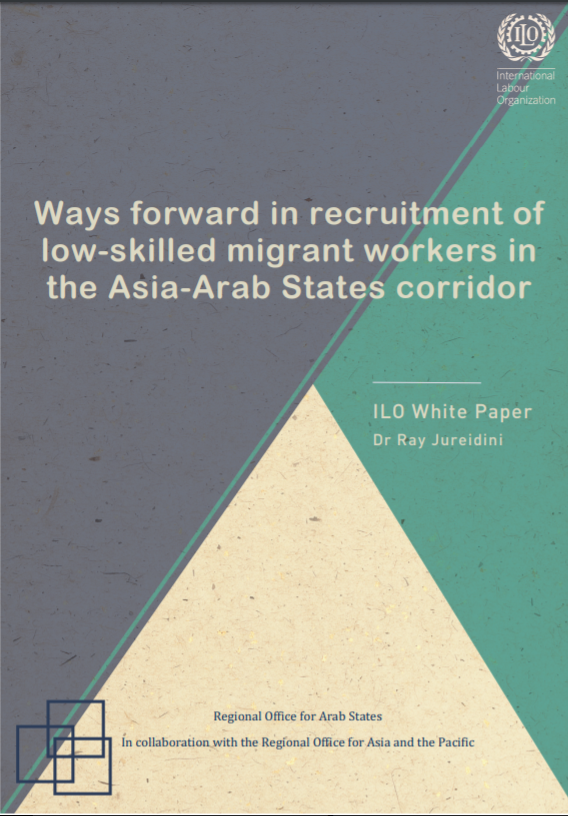Transforming our world: the 2030 Agenda for Sustainable Development
PublicationsThe agenda is a plan of action for people, planet and prosperity. It seeks to strengthen uni- versal peace in larger freedom. The agenda recognizes that eradicating poverty in all its forms and dimensions, including extreme poverty, is the greatest g...Read More

